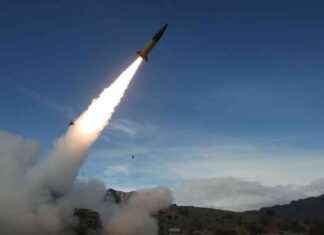After positive Putin comments on Ukraine, the S&P 500 opened 0.5% lower. However, skeptical investors have since trimmed these gains.
The final day of an indecisive week saw US equities trade in mixed, choppy fashion. The S&P 500 opened 0.5% higher after risk appetite received a pre-open boost from Russian President Vladimir Putin’s commentary. Putin noted a positive shift of rhetoric from Ukrainian officials in recent weeks. Investors have learned to not take statements from Russian President Putin or other Russian officials at face value, and the optimism was quickly reduced. After nearly testing its Tuesday highs of 4300, the index has fallen below 4250, where it trades 0.3% less.
Dmytro Kuleba, the Ukrainian Foreign Minister, stated that “zero” progress was made in talks with Sergey Lavrov, the Russian Foreign Minister. This highlighted how difficult it is for anyone to predict a diplomatic solution to this conflict. Investors aren’t betting on it at the moment, which is likely why the demand to push S&P 500 above 4300 is not there. As the West continues to tighten sanctions on Russia (G7 nations removed Russia’s preferred country trading status on Friday and are lobbying to limit the country’s IMF/World Bank access), there are likely to be fears about the economic consequences of the conflict.
The Nasdaq 100 fell 0.9%, bringing it back below 13,500, while the Dow maintained a slight positive trading bias, and traded 0.2% higher at 33,200. The recent US bond yields increase, aided by the hot US Consumer Price Inflation reading this week that reinforced expectations for a series Fed rate hikes next week, and higher inflation expectations are what is behind the lower performance of the Nasdaq 100 index, which is heavily tech/growth stock-weighted, and the Dow, which is more cyclical/value-weighted.
Next week, geopolitics will continue to be the primary driver of equity markets. As speculation grows about a possible Putin/Zelenskyy summit, traders are looking at the possibility of high-level Russo–Ukraine talks that deliver some much-needed deescalation. However, there are growing concerns that Russia could escalate the conflict with chemical/biological weapons. This could cause a furious response from the international community. There will be plenty of information on Wednesday’s Fed meeting as well as US Retail sales. Investors should be concerned that the Ukraine conflict occurs at a time when there is increasing inflation and the Fed is trying to keep it contained (and is unable to shift dovishly while losing all credibility).







